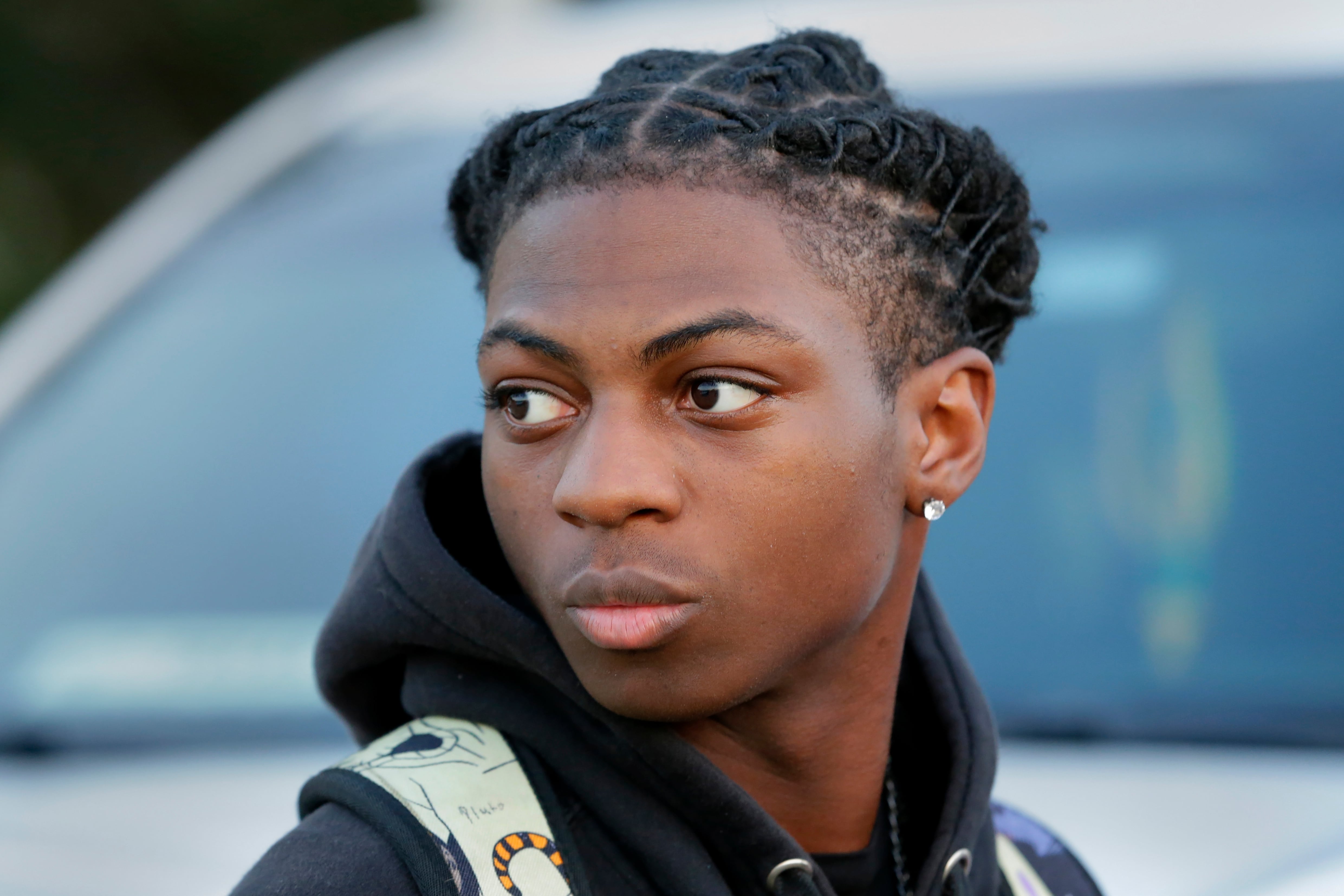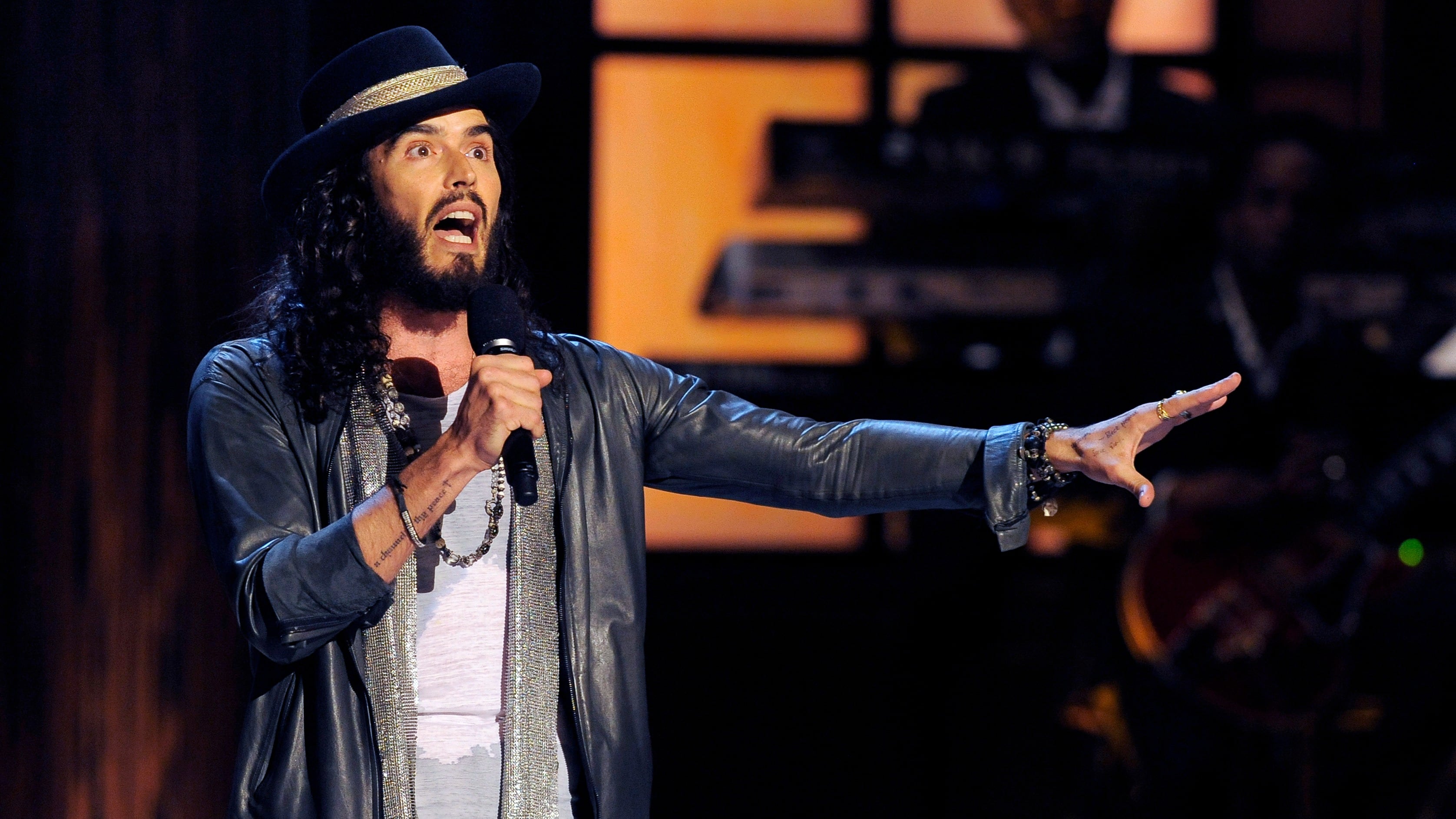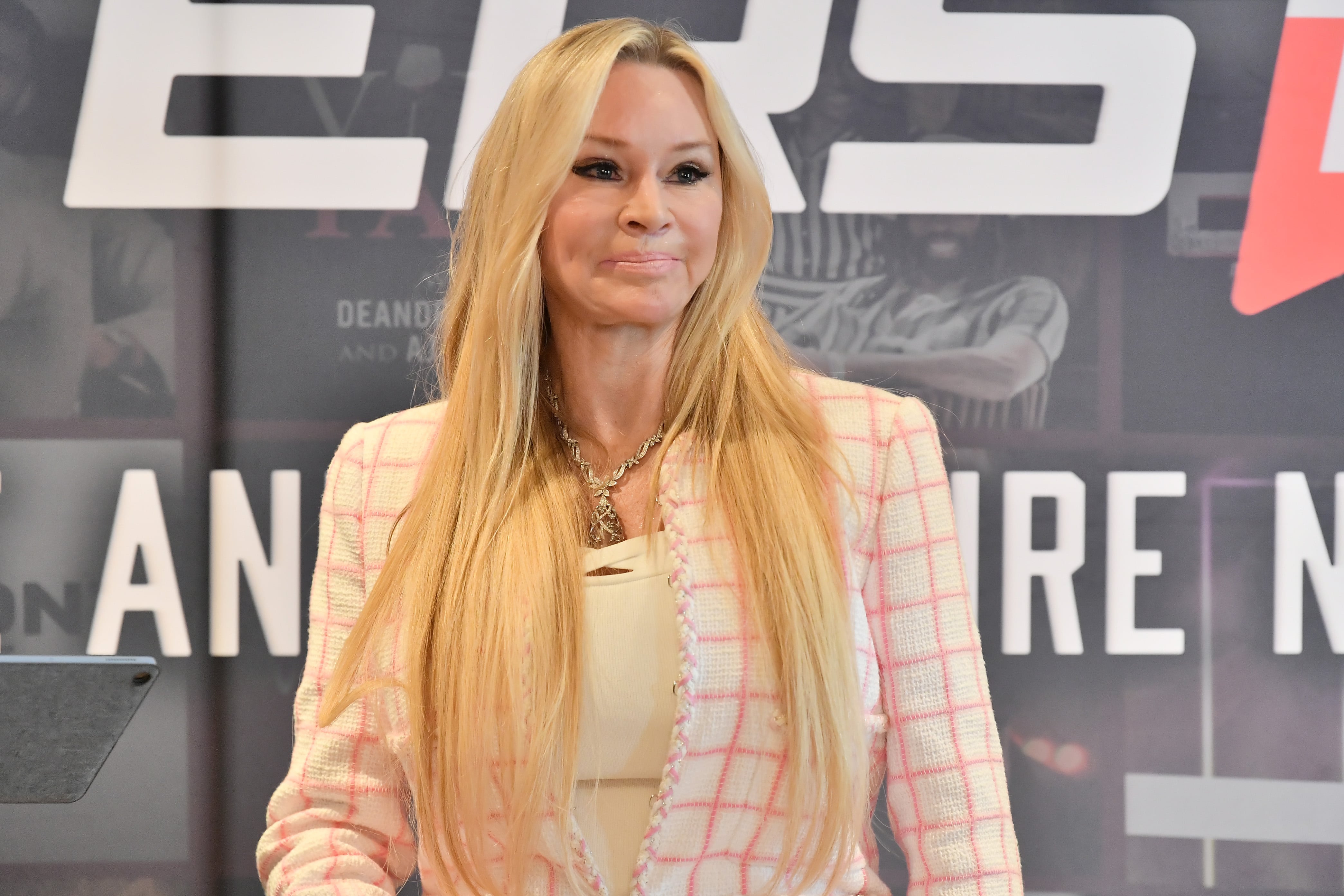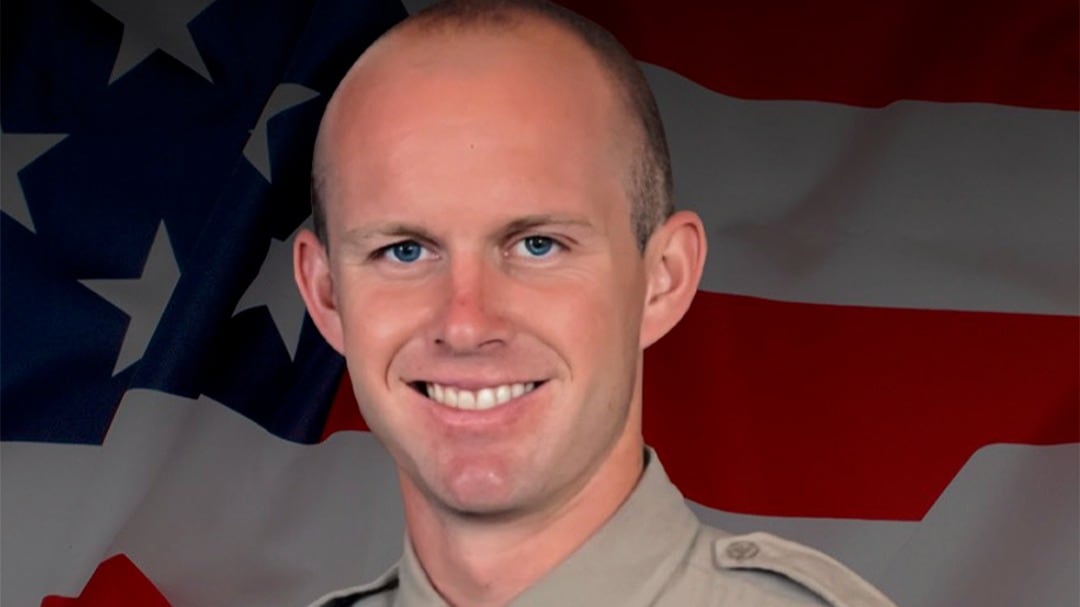President Donald Trump threatened lengthy prison sentences in a Tuesday tweet for anyone caught vandalizing or destroying federal monuments.
"I have authorized the Federal Government to arrest anyone who vandalizes or destroys any monument, statue or other such Federal property in the U.S. with up to 10 years in prison, per the Veteran's Memorial Preservation Act, or such other laws that may be pertinent," he wrote in the early morning post.
His comments come as protestors nationwide have taken to defacing monuments dedicated to historical figures linked to racism, slavery, and colonialism.
What started as a movement targeting symbols of racism against African Americans, like monuments to Confederate soldiers and generals, has since forced the reckoning of other controversial figures in history, like Christopher Columbus, who annihilated indigenous populations in West Indies and kicked off the transatlantic slave trade.
Even obscure figures haven't been spared. The family of Josephus Daniels, a publisher and white supremacist credited with ushering in the Jim Crow era in North Carolina has removed a statue of him in Raleigh, according to the Raleigh News & Observer.
In Richmond, Virginia, police stepped in to thwart the efforts of protestors to topple a statue of Confederate General J.E.B. Stuart. Authorities declared the gathering an "unlawful assembly" and arrested several protestors.
In New York City, Mayor Bill de Blasio supported the American Museum of Natural History's decision to remove a statue of President Theodore Roosevelt. The statue depicts him atop a horse while he is flanked by a Black American and a Native American.
"The statue itself communicates a racial hierarchy that the Museum and members of the public have long found disturbing," a statement from the Museum reads.
Despite his recent defense of a statue of Christopher Columbus at Manhattan's Columbus Circle as a tribute not to Columbus' past but to the legacy of Italian Americans in New York, Gov. Andrew Cuomo was also supportive of the Museum's actions. Mayor de Blasio charged his newly formed Racial Justice and Reconciliation Commission, which is headed by his wife Chirlane McCray, with determining the fate of other statues, including U.S. founding fathers Thomas Jefferson and George Washington, in and around the City Council's chambers.
Monday evening in Washington, DC, protesters attempted to topple a statue of President Andrew Jackson, who has been widely panned for his treatment of Native Americans. The move against the statue, located near the White House, precipitated Trump's tweets.
Prior to the early morning tweet, though, Press Secretary Kayleigh McEnany had outlined the Trump Administration's take on protestors' actions, calling them "quite confusing."
"We're being told that George Washington's statue needs to come down, Thomas Jefferson's statue needs to come down," she said. "Where do you draw the line -- from Gandhi all the way to George Washington?"
Activists have argued the action is as much about creating a more nuanced narrative of history that also includes the experiences of black and indigenous people, as it is about recognizing the flaws of America's past that led up to its still unequal present.
Arguing for the removal of monuments to racist figures and the Confederacy is nothing new.
It tends to re-emerge in the aftermath of racism-fueled tragedies like the death of George Floyd and, previously, the 2015 Charleston Church Shooting. There are signs that slow, but incremental, progress has been made. The Southern Poverty Law Center reported that between the years of 2015 -- when a gunman opened fire in a historically Black church in South Carolina, killing nine -- and 2019, about 115 confederate monuments were removed nationwide. At the time, some 1,748 still stood.











